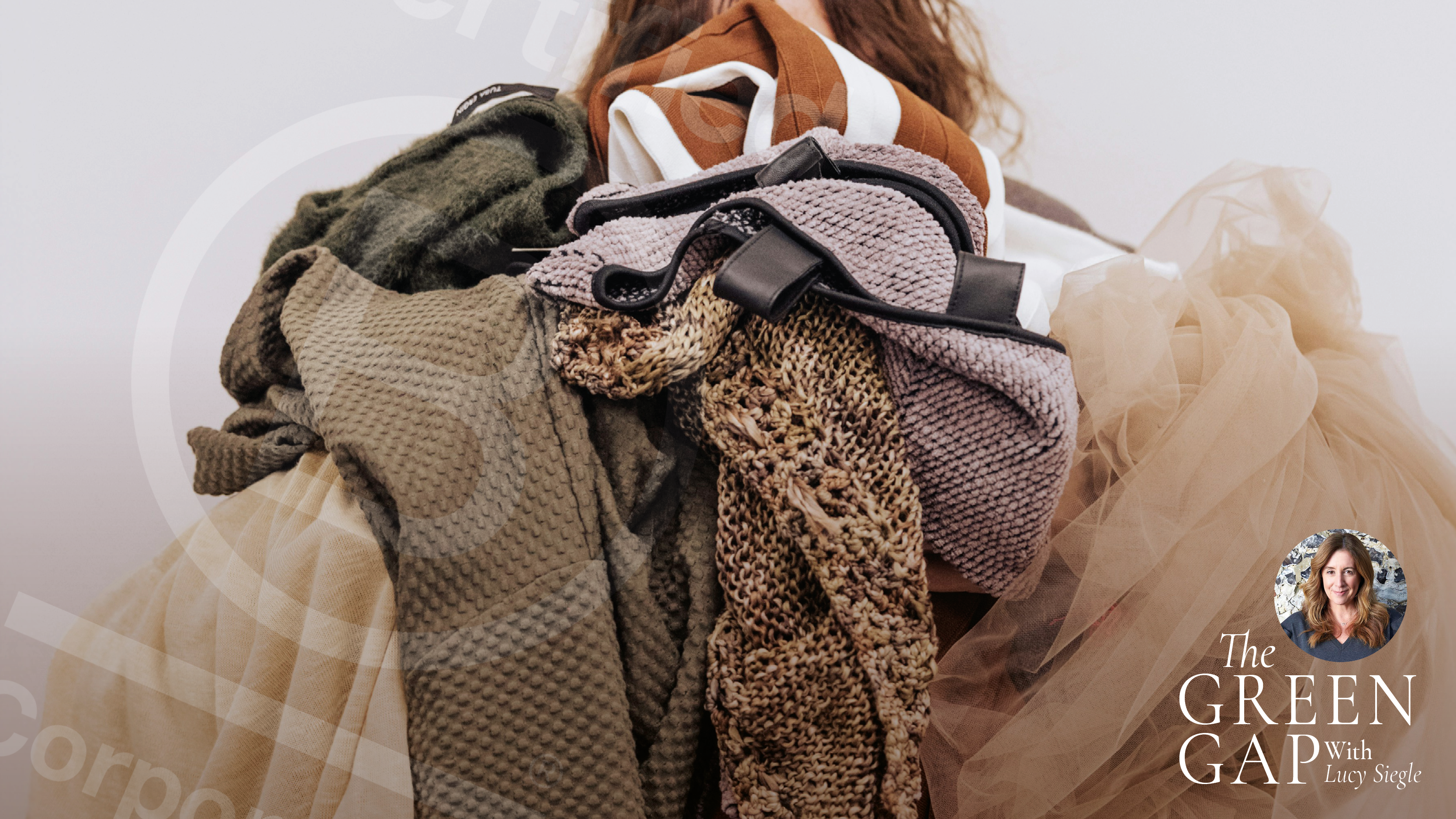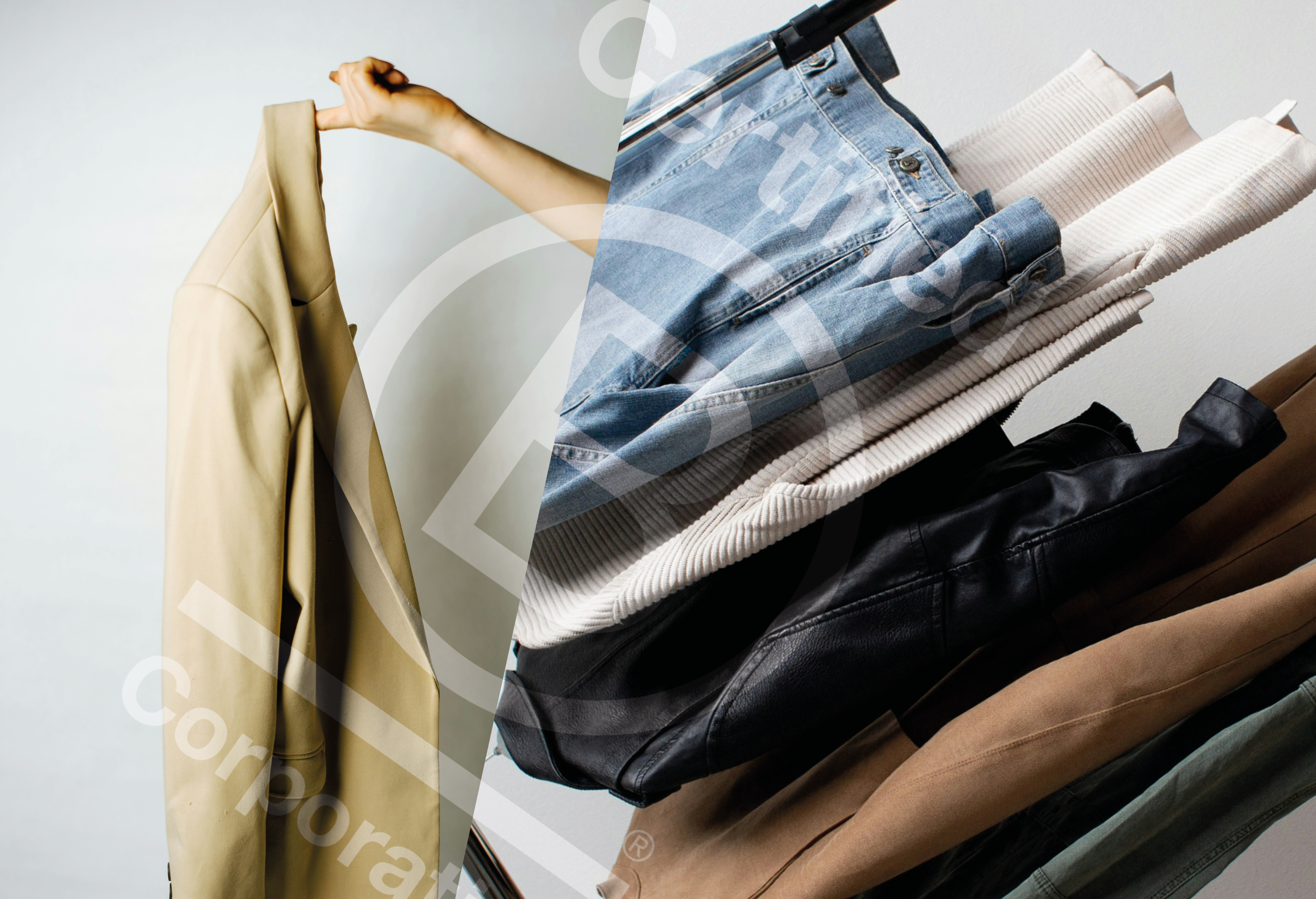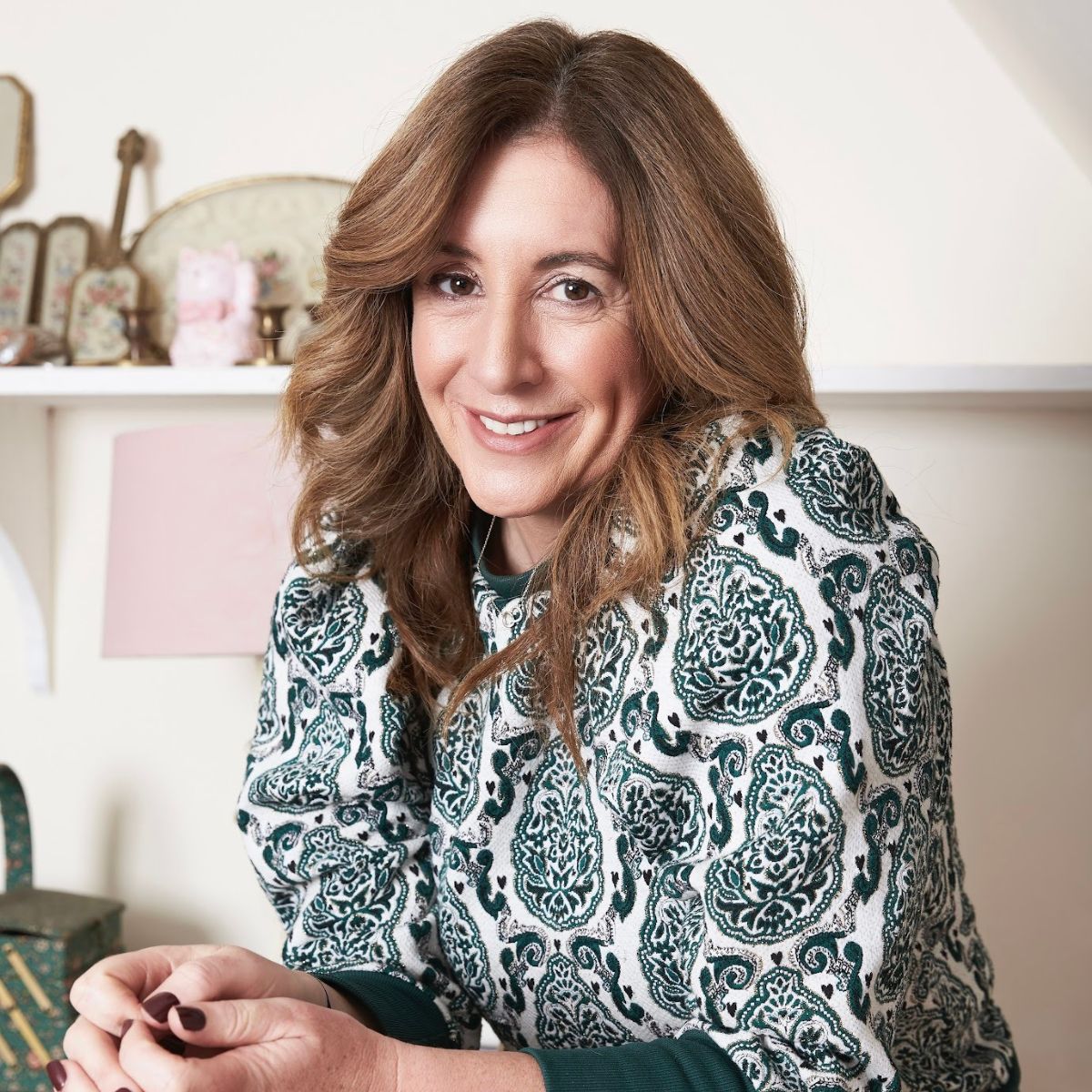Fast Fashion Brand Princess Polly Just Certified As B Corp - As a Sustainability Expert with Two Decades of Experience, I Have Some Questions
Introducing The Green Gap, our monthly sustainability column from the green queen herself, Lucy Siegle.


Celebrity news, beauty, fashion advice, and fascinating features, delivered straight to your inbox!
You are now subscribed
Your newsletter sign-up was successful
What a joy to write this sustainability column for Marie Claire UK. For over 20 years, I’ve looked at sustainability from all directions, earning the nickname "the sustainability OG."
My goal here is to help you leverage your power - not just as a consumer, but as a global citizen. I want to help you balance claims, desires, values, and love for the Earth, as well as respect for fellow humans.
I’m starting with a topic close to my heart: fashion. Specifically, how did a TikTok-fuelled, ultra-fast fashion brand from Australia earn an ethical gold star?
Launched on Australia’s Gold Coast in the mid-2000s as a local boutique, Princess Polly did not immediately scream ultra-fast-fashion "unicorn." Back then, it sold brands like Havaianas and Dr. Martens, building a loyal following with its trend-driven, laid-back beachy style.
But founders Wes and Eirin Bryett spotted two big trends: the future was online, and influencers would drive growth. By 2010, Princess Polly had transferred online, beating the traditional fast fashion giants like H&M and Primark, who famously missed the online moment. It expanded rapidly into the U.S., fuelled by influencer marketing, and earlier this year teamed up with ASOS to create a stir in the UK – a massive market for ultra-fast fashion.
What does that term even mean? Well, we used to talk about "fast fashion" – trend-driven clothing made cheaply in low-wage economies for high street brands. But Shein, Boohoo and Princess Polly belong to a new cohort - Ultra Fast Fashion. The "Ultras," as I call them, sped up production even more, releasing new styles weekly or even daily, driven by real-time social media trends. The main ingredients? Constant product drops, rapid manufacturing and aggressive marketing.
Princess Polly has certified as B Corp - but will the brand ever be truly sustainable?
This summer, Princess Polly added an extra ingredient that was quite unexpected: B Corp certification.
Celebrity news, beauty, fashion advice, and fascinating features, delivered straight to your inbox!
This really shocked me. B Corp isn’t just any sustainability standard - in a world where we have over 600 sustainability standards, it's always stood out as one of the strongest. It’s one of the most respected certifications, awarded only to companies meeting rigorous environmental, social, and governance (ESG) standards. I’ve long admired B Corp’s integrity and look for its quietly chic logo in daily life - like when choosing restaurants. It expresses my values as a self-styled sustainability OG.

Now I feel let down. The apparel sector’s emissions rose by 7.5% in 2023 - the first increase since 2019. The culprits? Ultra-fast fashion, where overproduction and virgin polyester are skyrocketing emissions. This raises the question: why are we giving one of its celebrated protagonists a shiny, green gong?
As the sustainable fashion influencer and expert Brett Stanniland told Business of Fashion, “If it’s not about making and selling less, rather than fast trends and constant sales, they shouldn’t have any sustainability certificates at all.” Well said. It’s also hard to overlook that at the very point that Princess Polly announced its B Corp certification, as it was running a Buy-1-Get-1-60%-off promotion.
A post shared by ★ PRINCESSPOLLY.COM ★ (@princesspolly)
A photo posted by on
Models that thrive on speed, scale, and disposability
The fact is, the Ultras could transform their impact overnight; they don’t need new technology, just a different business model. But that model thrives on speed, scale, and disposability.
B Corp status was given to Princess Polly way too easily - although this doesn’t mean it was easy to get. I’m sure lots of hired-in sustainability consultants worked very hard, perhaps even pulling all-nighters. This is partly because certification systems reward what’s measurable, not what’s meaningful.
But let’s delve deeper. Other companies with a genuine environmental pedigree have had to strive much harder for the same certification. Some of this is technical. Because brands such as Patagonia and Allbirds (both B Corp brands, too) develop proprietary materials and innovate supply chains such as "eco foams" for shoes, that move them from mere clothing companies to manufacturing. There’s more to measure, so more work. It also categorises them as a “hard-to-abate” industry like steel and cement, where decarbonization is technically challenging. That means they have to work harder to gain B Corp status. Meanwhile, Princess Polly, which doesn’t own factories or develop materials, faces fewer hurdles.
But still, some saw Princess Polly’s B Corp as a positive intervention, arguing that it’s better to have brands like this “inside the tent.” Some even saw it as a feather in all our caps - sustainability attracting the big players. With a revenue of $300 million, Princess Polly is undeniably large, even if 100th the size of Shein.

Taking matters into our own hands
I question motivation here, too. There are signs that Princess Polly’s parent company (A.k.a Brands) is gearing up to list on the stock market. This tracks; Shein has been trying for some time to IPO in London (it was previously rejected in New York). To become a publicly listed company today, you need some sustainability creds – they attract investors, reduce regulatory risks, and boost valuations.
Ultra-fast fashion brands like to hint that they’re on the verge of a breakthrough where they use AI or magic recycling to consciously uncouple trend-driven plastic garments and ecological impact. Unfortunately, I see no compelling evidence that this is true. But the good news - we have lots of evidence for stuff we can do ourselves. For example, research shows that swapping just twelve of your 33 annual fashion purchases (UK average) for pre-loved items cuts your fashion footprint by about 30%.
That’s real change- and you don’t even need a logo.

Lucy Siegle has been described as the UK’s green queen. For nearly two decades, she has championed ecological issues and sustainability on prime-time TV and for major media brands, making them relatable and relevant to all audiences.
She's the author of five books, including Turning the Tide on Plastic. But it was her 2011 exposé of the human and ecological cost of the fashion industry, To Die For, that popularised terms including "fast fashion" and spearheaded the sustainable fashion movement. In 2015, it inspired The True Cost, a hit Netflix documentary.
Lucy co-founded the Green Carpet Challenge with Livia Firth and works on climate advocacy with musician and UN Environment Ambassador Ellie Goulding. Lucy is a trustee for Surfers Against Sewage and an ambassador for WWF UK and The Circle.